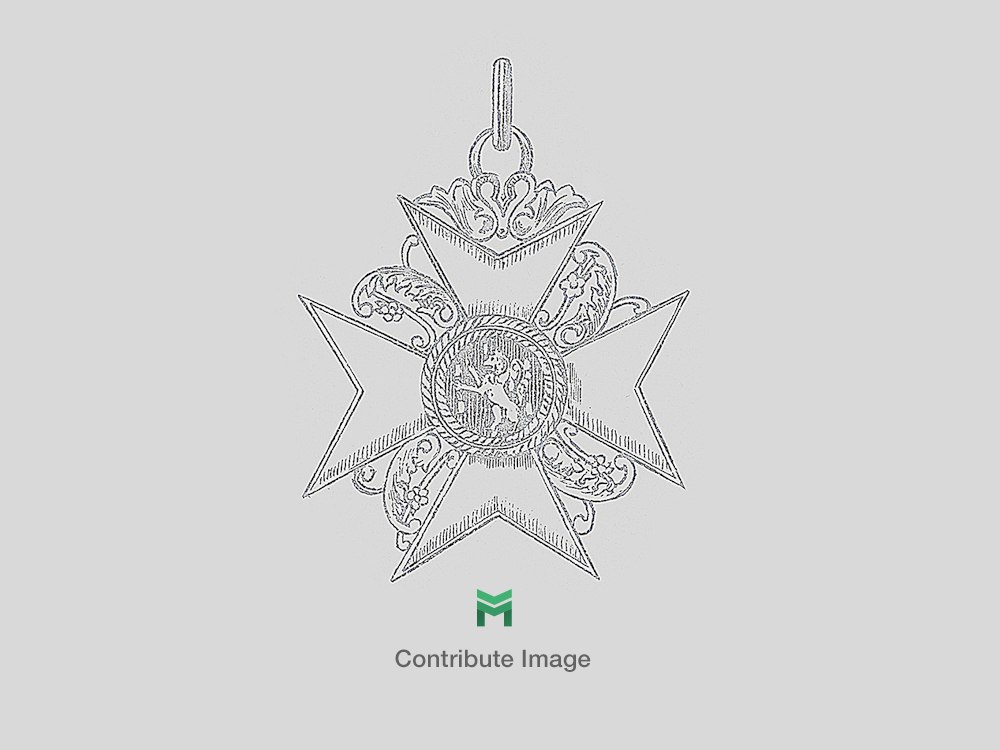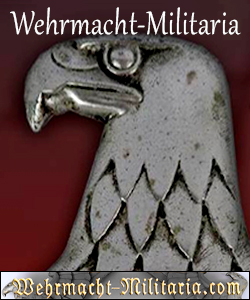Afrikakorps Kriegsmarine Brown Administrative Officials Visor Cap
SKU: 23.GOR.01.01.02.01.007
Estimated market value:

Estimated market value:
Attributes
History
During the Second World War, German troops stationed in northern Africa are generally referred to as the Afrikakorps. Technically, this is not entirely correct, since some German units operating in Africa were not actually part of the DAK (Deutsches Afrikakorps), and some units of it were, in fact, Italian ones. However, for the purpose of collecting so-called “tropical” uniforms and insignia, collectors have simplified the meaning of the term.
The first German troops were sent to northern Africa in February of 1941, to support their Italian allies against the British. The climate of the African continent made it necessary to wear specialised uniforms and gear that not only supported the soldiers in serving in a hot and arid environment, but also helped them in blending in with the landscape, which, in general, presented itself as brown, olive, khaki, or sand/tan in colour. Worn over long periods of time under the blistering desert sun, some uniforms were eventually bleached to white or off-white. Uniforms and insignia in these colours are often referred to as “tropical”, and it is worth noting that they weren’t just worn by members of units stationed in Africa, but in the entire Mediterranean theatre of war, including southern France, Italy, the Balkans, and Greece, as well as in southern Russia during the summer months. Tropical uniforms were worn by members of all three branches of the Wehrmacht: the Heer (army), the Kriegsmarine (navy), and the Luftwaffe (air force). Members of the Waffen-SS stationed in southerly regions also wore tropical-style uniforms, and even though they technically have no connection to the DAK, all tropical uniforms and insignia of all branches of the German military are listed here.
Th brown visor cap was worn by Kriegsmarine Officers, Administrative Officials with the rank of Officer, and Senior Non-Commissioned Officers (NCOs).
The visor cap is composed of several main elements, including the brown tropical cloth, cap band, and piping, the visor, the chin strap/chin cord, and the chin strap/chin cords anchor buttons. In the cap interior, the main elements include the inside lining, the sweat band, the celluloid moisture shield, and the manufacturer's logo and associated information. The visor and chip strap could be made from brown lacquered leather, as well as artificial leather. Chin cords were worn for Officers and Administrative Officials, with the rank of Officer, instead of the leather chin strap worn by Senior Non-Commissioned Officers. The cords worn by Officers were gold-coloured (celleon), while those worn by Administrative Officials were silver-coloured (aluminum).
Each cap was also adorned with an oak leaf wreath, a cockade, and a national emblem along the front of the cap. These insignia were generally hand-embroidered or machine-woven (BeVo) on brown/khaki backing with golden yellow artificial silk thread or gilt thread for Officers and NCOs, and silver-coloured thread for Officials. There are also examples of the insignia that are composed of gilt metals.
There are two main models of the visor cap, they deviate in the manner through which the top is attached. Some caps were manufactured with a non-removable, khaki-coloured top and body. Other caps were manufactured with a removable khaki-coloured top. In the case of the removable models, the top cover could be switched to a white top.


Comments
Sign in to comment and reply.


Scroll Top